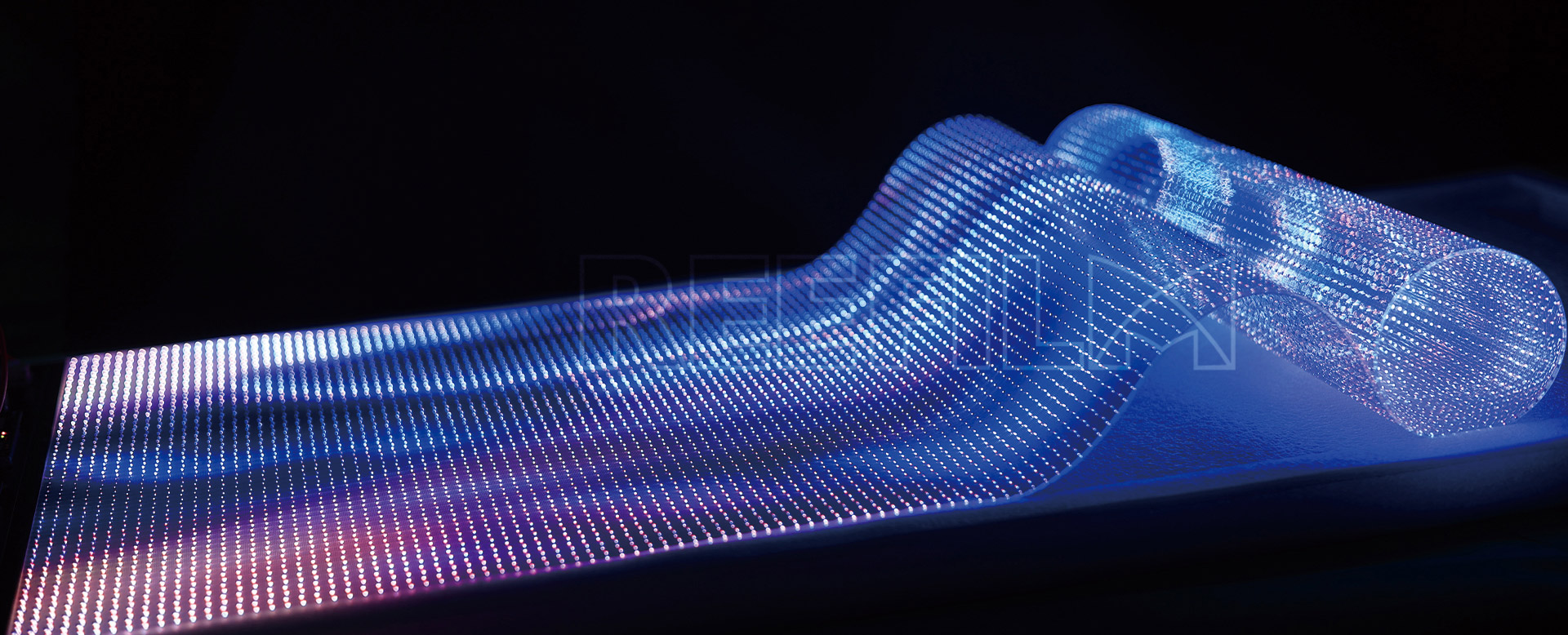
A P6 LED screen refers to an LED display with a 6mm pixel pitch, meaning the distance between the centers of two adjacent pixels is 6 millimeters. This type of display offers a balance between resolution and viewing distance, making it suitable for various indoor and outdoor applications. The "P" in P6 stands for "pixel pitch," a critical parameter determining the screen's image clarity and optimal viewing distance.
With a 6mm pixel pitch, P6 LED screens typically offer a pixel density of approximately 27,778 pixels per square meter. For a standard 16:9 aspect ratio display measuring 4m × 2.25m (9m²), this translates to a resolution of about 250,000 pixels. The smaller pixel pitch compared to larger formats (like P10 or P16) allows for sharper images at closer viewing distances.
P6 LED screens typically feature brightness ranging from 4,500 to 6,000 nits for outdoor applications and 1,500 to 2,500 nits for indoor use. This high brightness ensures excellent visibility even in direct sunlight for outdoor installations. The screens often include automatic brightness adjustment technology that adapts to ambient light conditions.
Modern P6 Led Displays offer 16-bit or higher color processing, capable of displaying over 281 trillion colors. They typically achieve a color gamut covering ≥100% of NTSC standards, with color temperature adjustable between 3,000K to 10,000K. The high refresh rate (typically ≥1,920Hz) eliminates flickering and ensures smooth video playback.
P6 LED screens provide wide viewing angles of 140° to 160° horizontally and vertically, ensuring consistent image quality across a broad viewing area. The contrast ratio typically ranges from 5,000:1 to 10,000:1, delivering deep blacks and vibrant colors.
Outdoor P6 Led Displays feature IP65 or higher waterproof ratings, with operating temperatures ranging from -20°C to 50°C. The cabinet structure is typically made of die-cast aluminum for durability, with a weight of approximately 25-35kg per square meter.
Average power consumption ranges from 300-500W per square meter at maximum brightness, with energy-saving technologies reducing this by 30-40% during normal operation. The screens operate on AC 110V/220V ±15%, 50/60Hz power input.
P6 LED screens are widely used in billboards, building facades, and shopping mall displays. Their brightness and weather resistance make them ideal for 24/7 operation in various climates. Typical installations include:
Highway billboards with viewing distances of 15-30 meters
Urban center digital signage with 8-12 hour daily operation
Stadium perimeter advertising with wide viewing angles for crowd coverage
In indoor environments, P6 screens serve as:
Retail store video walls with high color accuracy for product displays
Corporate lobby information screens with 4K content compatibility
Exhibition center displays with seamless splicing for large formats
The high refresh rates and color consistency of P6 LED make them suitable for:
Traffic control centers requiring 24/7 operation
TV studio backdrops with camera-friendly performance
Security monitoring walls with multi-screen division capabilities
P6 LED screens are popular for:
Concert backdrops with high dynamic contrast
Exhibition booths with curved or irregular configurations
Conference center displays with real-time content updates
Perform cleaning every 2-3 months or more frequently in dusty environments:
Use compressed air at ≤3 bar pressure to remove surface dust
For stubborn dirt, apply isopropyl alcohol (70% concentration) with lint-free cloths
Never use abrasive cleaners or high-pressure water jets
Monthly checks should include:
Verification of power supply stability (±5% of rated voltage)
Inspection of cable connections for wear or corrosion
Measurement of ground resistance (<4Ω recommended)
Quarterly maintenance should address:
Dead pixel detection (<0.01% acceptable)
Module alignment verification (<0.5mm tolerance)
Color uniformity calibration using spectrophotometers
For optimal performance:
Maintain ambient humidity between 30%-70% RH
Ensure proper ventilation clearance (≥20cm behind screen)
In outdoor installations, check drainage channels quarterly
Regular updates include:
Firmware updates (biannually)
Color calibration (every 500 operating hours)
Content resolution verification (native 1920×1080 recommended)
Previous: P10 Led Display